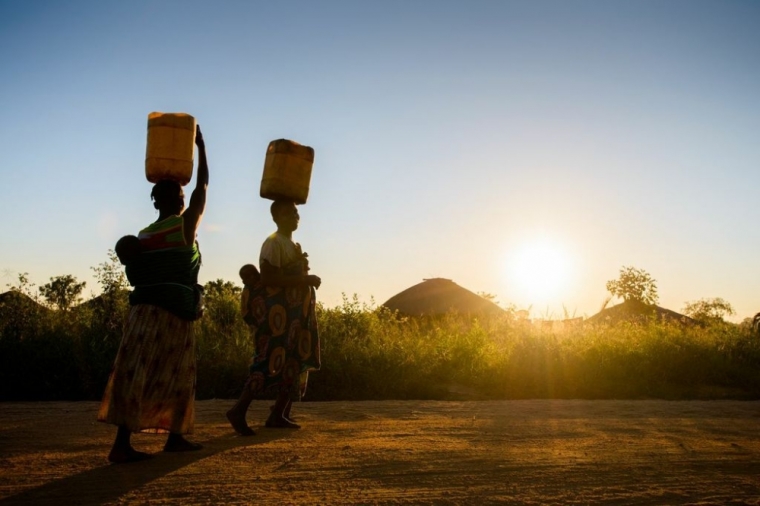
Over 100,000 people have been displaced and at least 700 have died in the majority-Christian country of Mozambique since 2017, as the spread of radical Islamic extremism in Africa is starting to plague the continent’s southeast region.
This month, the U.N.'s High Commission for Refugees said it is boosting its response in Mozambique’s northeastern Cabo Delgado province, an oil-rich coastal region on the Indian Ocean.
Although southeast Africa was once considered relatively peaceful compared to its counterparts in the north, there’s concern that the region is becoming a foothold for militants that appear to be aligned with the Islamic State.
The Institute for Security Studies, an Africa-based think tank, published a report last month stating that as many as 350 terror incidents have occurred in Mozambique since the local jihadi group Ahlu Sunnah Wal Jammah simultaneously attacked police and military bases in October 2017.
However, the UNHCR warns that the most recent weeks have proved to be the most “volatile period” as attacks are now spreading across most of Cabo Delgado’s 16 districts.
Cabo Delgado is one of the least developed regions in the country. According to UNHCR spokesperson Andrej Mahecic, hundreds of villages have been burned and abandoned because of the “indiscriminate campaign of terror.”
“Armed groups have been randomly targeting local villages and terrorizing the local population,” Mahecic said at a press briefing earlier this month in Geneva, Switzerland. “Those fleeing speak of killings, maiming, and torture, burnt homes, destroyed crops and shops.”
Mahecic explained that there have also been reports of beheadings, kidnappings, and disappearances of women and children. Mahecic said the attackers, at times, warn locals when and where they will attack, causing a mad rush of residents to flee those areas.
As attacks are spreading southward across the province, the U.N. notes that many in the provincial capital of Pemba are starting to flee.
Bishop Luiz Fernando Lisboa of the Diocese of Pemba told the Catholic Charity Aid to the Church in Need that one attack in the region targeted an agricultural teacher training school in Bilibiza with over 500 students.
“The school was burned down, then [the attackers] smashed up other shops and businesses nearby,” the bishop said. “It is a sad fact that the military and security forces are unable to contain these attacks without international support. If the government had done something to improve conditions, then perhaps this problem would have been resolved, but instead many people are dying.”
Lisboa warned that as villages are being vacated entirely, no one is left to plant crops.
“That means that there will be hunger, and we will have thousands of internally displaced people,” he warned.
According to ISS consultant Peter Fabricius, the insurgency morphed into a terror campaign directed mainly at unarmed civilians after it began with attacks on the military bases.
Fabricius reported in January that the death toll when including security personal, insurgents and civilians stands at over 600 since 2017. However, the medical charity Doctors Without Borders told AFP that at least 700 have been killed.
Fabricius stressed, however, that the government in Maputo “continues to present these atrocities as mere criminality” and that member states of the Southern African Development Community are “going along with that complacent view.”
Additionally, internal sources told AFP that security forces in Mozambique are despondent and do not have the capacity to intercept the militants’ communications. AFP quoted sources as saying that security units opt not to respond to attacks on villages to “avoid casualties in our ranks.”
“No Mozambique insurgency has yet made it onto the agenda of SADC’s Organ on Politics, Defence and Security which is mandated to address such regional threats,” Fabricius stressed. “This despite evidence of spillovers into neighboring Tanzania and links with other jihadists up the east coast.”
As the extremism spreads, Fabricius notes that a big problem is that little is known about the perpetrators because ASWJ has not publicly claimed any attacks.
ASWJ is known locally as “Al-Shabaab” but is not believed to have any connection with the deadly Somalia-based terror group with the same name, according to AFP.
While ASWJ has not taken public credit for the attacks, the Islamic State terror network has claimed the responsibility of over two dozen attacks, according to ISS.
Last June, the Islamic State took credit for an attack on the Mozambique military by saying that the militants were “soldiers of the caliphate.” As reported by The Guardian at the time, the Islamic State claimed that Africa is a central component to its effort to create a global network of extremists.
“This raises questions about how IS and ASWJ are related,” Fabricius writes. “Is ASWJ the local affiliate of IS? Is IS simply claiming credit to boost its public stature, especially since the loss of face caused by the fall of its caliphate in Syria and Iraq?”
The UNHCR says it is expanding its presence in Mozambique in response to a request from the Mozambican government.
“Rooted in the soil of Cabo Delgado, conditions common to such insurgencies seem to have given it birth and continue to give it life,” Fabricius wrote.
“These include grinding poverty and a sense of marginalization and inequality, both between the citizens of the province and the elite down south in Maputo and elsewhere in the country, and among certain ethnic groups and Muslim factions in Cabo Delgado.”
Militants throughout Africa have claimed ties to the Islamic State. Burkina Faso, Nigeria, Cameroon and Mali have also seen a rise in terror attacks.
In Burkina Faso, over 600,000 have been displaced since an escalation of terror attacks began in 2016. In 2019 alone, displacement in Burkina Faso rose 1,200 percent, according to the U.N.


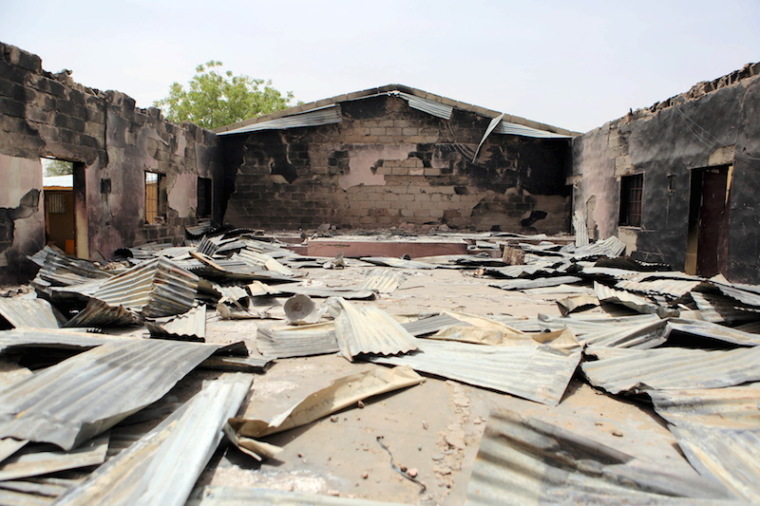
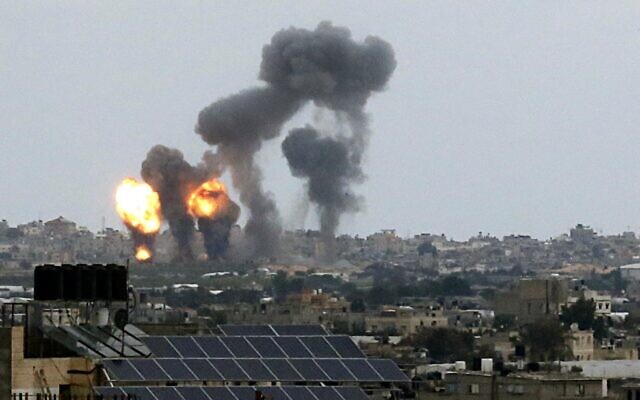

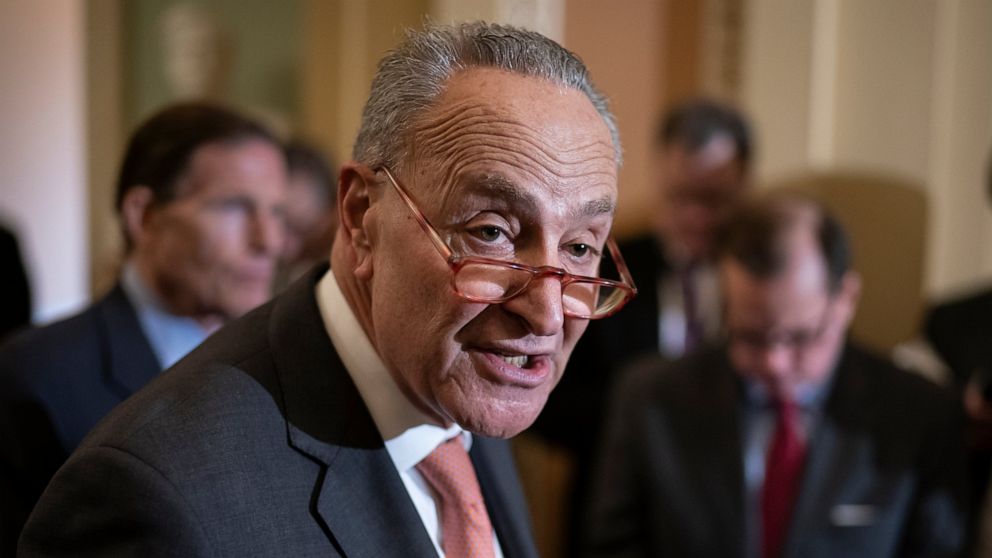

![A warplane of Turkish military aircraft is seen after take off at the Incirlik 10th Tanker Base Command in Saricam, Turkey on October 17, 2019 [İbrahim Erikan / Anadolu Agency]](https://i1.wp.com/www.middleeastmonitor.com/wp-content/uploads/2019/10/20191017_2_38803038_48577430.jpg?resize=1200%2C800&quality=85&strip=all&ssl=1)

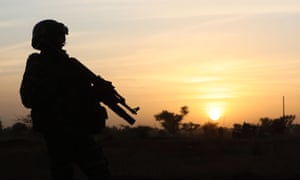

![A soldier mans a weapon during a security patrol in Tripoli's Tajura neighbourhood [File: Ismail Zitouny/Reuters]](https://www.aljazeera.com/mritems/imagecache/mbdxxlarge/mritems/Images/2020/1/2/8dcd9ea80e374f608e25b8301f8f6fa7_18.jpg)



